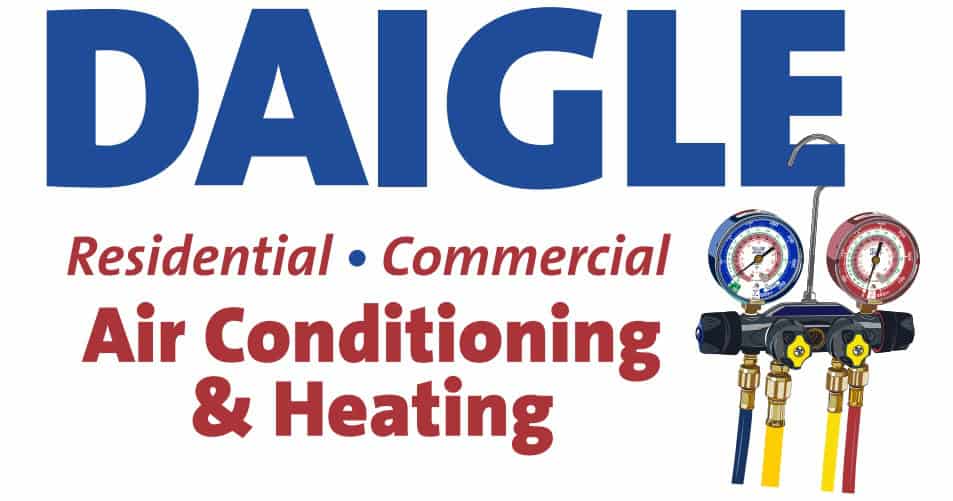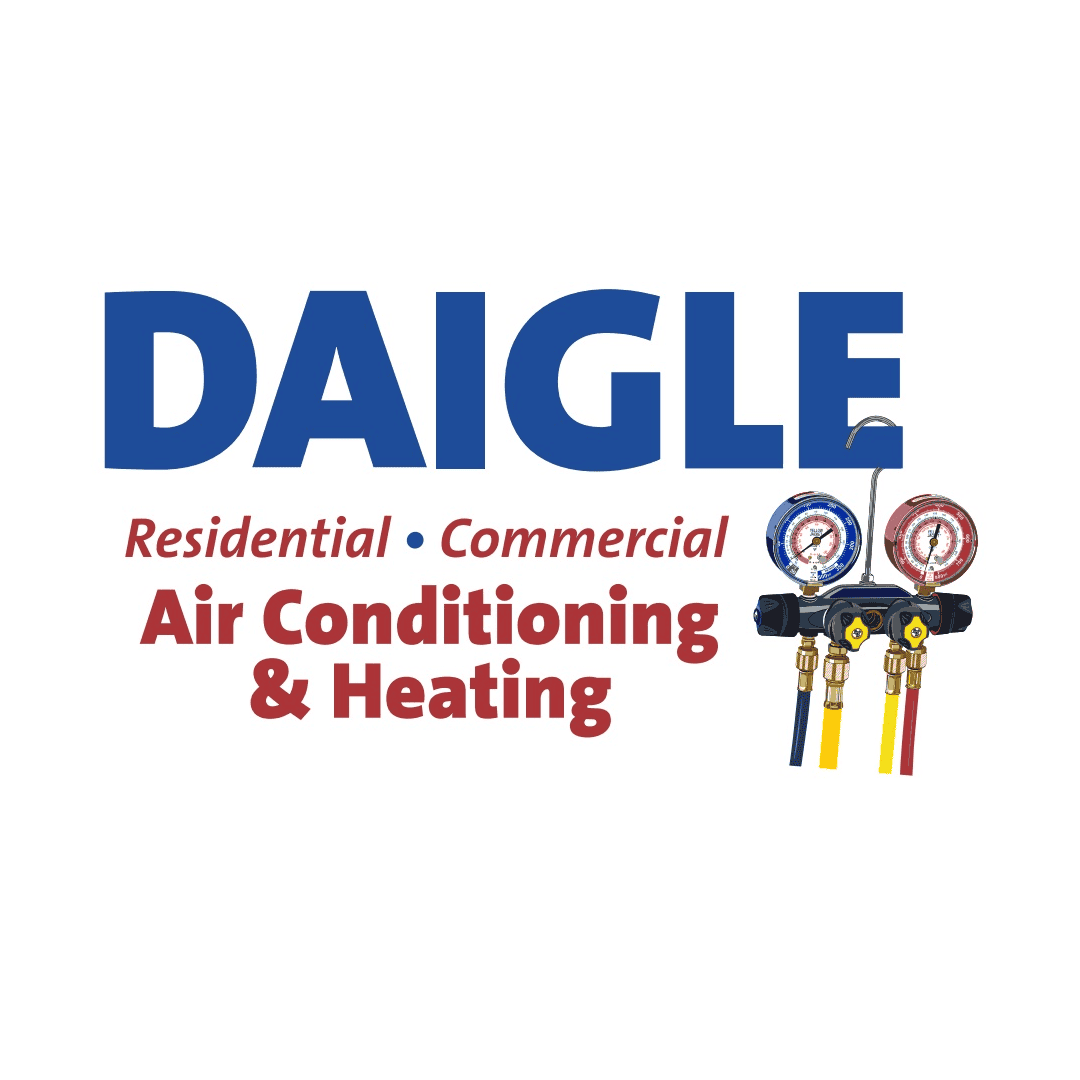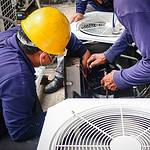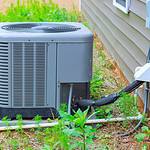Air conditioning systems play a pivotal role in ensuring comfort in homes and workplaces alike, making their upkeep a critical concern for many. The concept of a Preventative Maintenance Agreement offers an effective strategy for managing these vital systems, ensuring they run efficiently and reliably over their lifespan. This agreement is not just a contract; it is a commitment to the health of your AC system, providing regular check-ups and necessary repairs before problems become apparent. A discussion on the benefits of such agreements sheds light on their importance, offering insights into how they can save money and enhance system performance.
What is a Preventative Maintenance Agreement
A preventative maintenance agreement is essentially a partnership between you and your AC service provider aimed at keeping your air conditioning system in peak condition. These agreements are designed to prevent breakdowns and extend the lifespan of the unit through scheduled inspections and maintenance tasks, differing significantly from reactive repair services, which address issues only after they have occurred. For instance, an experienced technician might spot a refrigerant leak during a routine check, which if left unattended, could have led to significant repair costs and system downtime.
- Scheduled services reduce emergency breakdown risks.
- Regular maintenance ensures optimal performance.
- Catching problems early can significantly reduce repair costs.
Benefits of Regular AC Servicing
Engaging in regular AC servicing as part of a preventative maintenance agreement brings several long-term benefits. Not only does it prolong the life of the air conditioning unit, but it also ensures that the system operates more efficiently, which can significantly reduce the energy bills. An efficiently running AC unit requires less energy to cool the home, thus lowering operational costs.
- Enhanced energy efficiency leads to lower energy bills.
- Increased lifespan of the AC system.
- Fewer unexpected malfunctions and disruptions.
Avoid Unexpected AC Repair Costs
One of the key advantages of a preventative maintenance agreement is its role in avoiding unexpected AC repair costs. By maintaining regular oversight of the air conditioning system, technicians can identify and resolve minor issues before they escalate into major problems; for example, replacing a worn belt before it breaks can prevent a more expensive motor problem later. This proactive approach not only saves money in the long run but also avoids the inconvenience of system failures during peak usage times, like the hot summer months.
- Prevention of major repairs through early detection.
- Cost savings by addressing issues before they require complex repairs.
- Reduced likelihood of AC breakdown during critical times.
Enhanced System Performance and Efficiency
Regular maintenance under a preventative agreement ensures that every component of your AC system is working at its best. Clean filters and coils mean better airflow and cooling efficiency, directly impacting energy consumption and cooling effectiveness. When each part operates efficiently, the entire system uses less energy to achieve desired temperatures, maintaining a comfortable indoor environment without undue stress on any single component.
- Optimal performance from well-maintained components.
- Improved air quality with regular filter changes.
- Consistent indoor temperatures and comfort levels.
Priority Service for Agreement Holders
Holders of preventative maintenance agreements often enjoy priority service, which can be a lifesaver in times of need. This preferential treatment typically includes quicker response times and more convenient scheduling options, ensuring that your issues are addressed promptly, often before those without agreements. Being a priority customer can mean the difference between enduring heat for several days and having your system fixed within hours.
- Guaranteed quick response for repairs and maintenance.
- Convenient scheduling that prioritizes agreement holders.
- Assurance of timely service, especially in peak seasons.
How to Choose the Right Maintenance Agreement
Choosing the right preventative maintenance agreement requires knowing what to look for and understanding what makes a good value. It’s crucial to consider the reputation of the service provider, the specifics of what the agreement covers, and the frequency of maintenance visits. Asking for references and comparing different plans can help ensure that you receive reliable service and that your investment protects your AC system effectively.
- Research and compare service providers.
- Understand the specifics of what the agreement covers.
- Assess the frequency and scope of maintenance tasks included.
AC Repair and Maintenance Agreement Success Stories
Many homeowners and businesses have witnessed first-hand the benefits of preventative maintenance agreements. From extended equipment life to reduced overall maintenance costs, the stories are both impactful and encouraging. For example, a retail store might report fewer product losses due to consistent temperatures, or a homeowner might enjoy lower utility bills year-round.
- Real-world examples of cost savings and efficiency.
- Testimonials on the effectiveness of preventative care.
- Case studies showing long-term benefits and satisfaction.
Key Takeaways from Preventative Maintenance Agreements
The discussion above highlights several critical takeaways about the value of preventative maintenance agreements in AC repair. These agreements are not merely contracts; they are an investment in the longevity and efficiency of your air conditioning system. They help prevent unexpected costs, ensure efficient operation, and provide priority service, making them an essential consideration for any AC owner.
FAQs About AC Maintenance Agreements
1. What does a preventative maintenance agreement typically include?
- These agreements generally include regular inspections, cleaning of key components like coils and filters, and checks on system functionality.
2. How often should my AC system be serviced?
- Most experts recommend servicing at least once a year, but systems in high-use environments might need more frequent checks.
3. Can a maintenance agreement save me money?
- Yes, by maintaining your system regularly, you can save on energy bills and avoid costly emergency repairs.
4. Is priority service really that beneficial?
- Absolutely, especially during peak seasons when waiting times for AC repairs can be lengthy.
5. How do I know if my AC technician is qualified?
- Always choose a technician certified by a recognized industry organization and check their references or reviews online.
By understanding and utilizing these agreements, you can ensure that your AC system remains a reliable comfort provider for years to come.
- About the Author
- Latest Posts
Founded in 2006, Daigle A/C & Heating has grown from a small startup to a multi-state operation through dedication to detail and quality workmanship. Specializing in air conditioning and heating solutions, the company not only serves residential and commercial clients but also holds contracts with various U.S. Government outlets.












